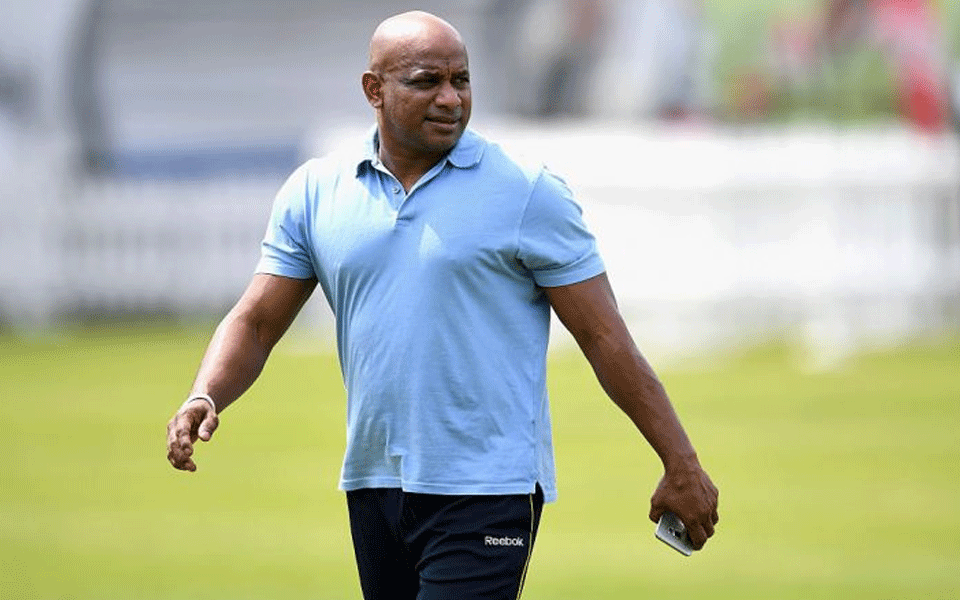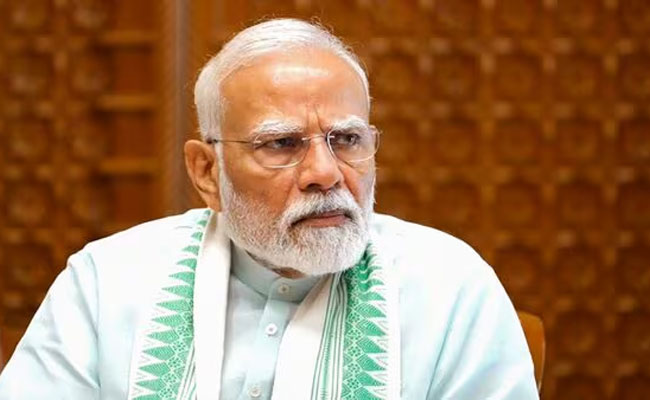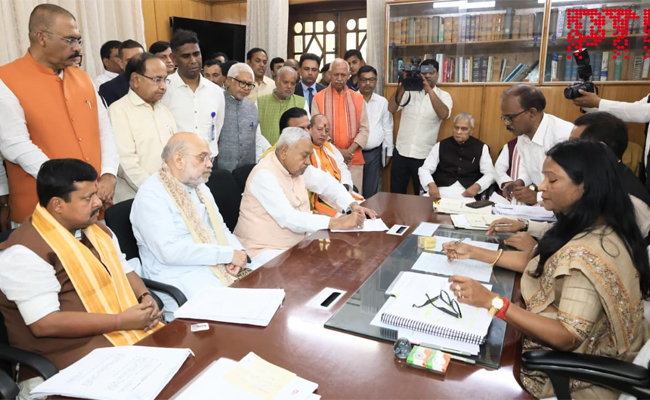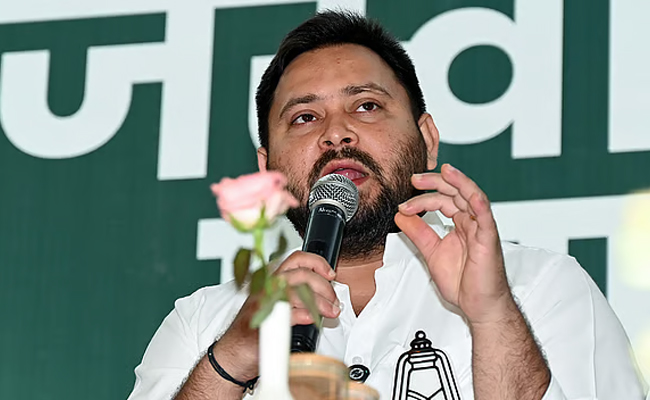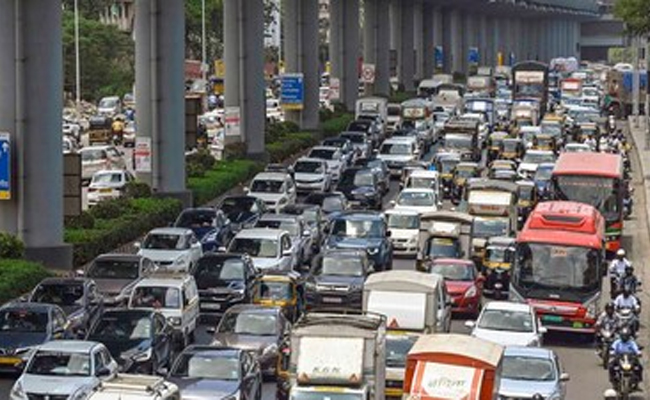Dubai, Feb 26: Legendary Sri Lanka batsman Sanath Jayasuriya was Tuesday banned for two years after admitting to obstruct an anti-corruption probe by "destroying" the phones which were sought as evidence by the International Cricket Council (ICC).
Jayasuriya admitted breaching the anti-corruption unit (ACU) code of the global body on two separate counts.
"As a result of the admissions, he has accepted a sanction of a two-year period of ineligibility," the ICC stated.
However, he wasn't given the maximum punishment of five years for his breach after the world body took his "previous good conduct" into account. Jayasuriya's sanction will be a backdated one starting from October 16, 2018.
The left-handed batsman and orthodox spinner is a former Sri Lankan captain who was a key member of the 1996 World Cup-winning team before going on to serve two terms as the chairman of selectors.
The 49-year-old was adjudged 'Player of the Tournament' during Sri Lanka's victorious 1996 World Cup campaign.
Jayasuriya was questioned as part of the ICC's investigation of wide scale corruption in Sri Lankan cricket.
The Article 2.4.6 of ICC Code of Conduct deals with "failure or refusal, without compelling justification, to cooperate with any investigation carried out by the ACU."
The Article 2.4.7 deals with "obstructing or delaying any investigation that may be carried out by the ACU, including concealing, tampering with or destroying any documentation or other information..."
Alex Marshall, ICC General Manager ACU said: "This conviction under the Code demonstrates the importance of participants in cricket co-operating with investigations. Compelling participants to cooperate under the Code is a vital weapon in our efforts to rid our sport of corruptors. These rules are essential to maintain the integrity of our sport.
As per the detailed judgement uploaded by the ICC, Jayasuriya was asked to hand over his mobile devices after ACU GM Alex Marshall was satisfied that information on the mobile devices belonging to him in the period between January 1, 2017 to 22 September, 2017 "might be relevant to the investigation."
Marshall instructed the ACU team to "demand" the two mobile phones.
Accordingly, Jayasuriya was investigated by the ICC ACU unit on three specific dates -- September 22, 23 and October 5 in 2017.
As per the copy of the judgement, the ACU team had specifically asked "Jayasuriya to give details of all mobile phones that he owned, used or had access to".
On September 22, 2017, Jayasuriya informed the investigators that he had two mobile devices.
However the prolific batsman of yesteryears then changed his statement on the very next day (September 23, 2017) and divulged that he had two more mobile phones which got lost between May 15 to 23/24, 2017. These two numbers had last digits of '888' and '088'.
He told the ACU officials that those two numbers were not in use.
However, Jayasuriya had no inkling that the "investigators called up on the numbers with last digits '888' and the phone rang contrary to his statement."
But on the second occasion when ICC officials tried, there was an automated response.
On October 5, when Jayasuriya was represented by his legal counsel, the player said that he had destroyed the earlier phone after a private video went viral and he was "under stress".
But according to his lawyer, it was his driver, who retrieved the sim card and put it in another phone. It was later handed over to Jayasuriya, who then used that earlier '888' sim to check text messages.
The ACU unit had proof that between March 15, 2017 and September 14, 2017, hundreds of calls and text messages were recorded on the number ending with '888' which proved that the cricketer was lying.
Once his lawyer admitted that Jayasuriya had misled the investigation, he was charged with relevant sections 2.4.6 and 2.4.7 respectively.
The ACU recently gave an amnesty in relation to Sri Lanka Cricket resulting in 11 players and other participants coming forward with new information.
"The amnesty has worked very well and has delivered significant new and important intelligence," Marshall said.
"I am very grateful to those who participated in the amnesty and as a result of the information shared we now have a much clearer picture of the situation in Sri Lanka and our investigations are continuing."
Let the Truth be known. If you read VB and like VB, please be a VB Supporter and Help us deliver the Truth to one and all.
New Delhi (PTI): Prime Minister Narendra Modi on Thursday called for a "swift end" to the conflicts in West Asia and Ukraine, saying no issue can be resolved through military confrontation.
Modi made the remarks after holding wide-ranging talks with Finnish President Alexander Stubb.
"India and Finland, both, believe in the rule of law, dialogue, and diplomacy. We are in agreement that no issue can be resolved through military conflict alone," he said. "Be it Ukraine or West Asia, we will continue to support the swift end of conflicts and every effort towards peace," Modi said in his media statement.
ALSO READ: Baramati plane crash: CID questions VSR Ventures owner
In the talks, the two sides also agreed to accord India-Finland relations in digitalisation and sustainability as a strategic partnership.
"This partnership, from AI to 6G telecom, from clean energy to quantum computing, will give momentum and energy to our cooperation in many high-tech areas," he said. Modi said the India-EU free trade agreement will bolster trade ties between India and Finland.
"This agreement will further strengthen trade, investment, and technology cooperation between India and Finland," he said.
Finnish President Stubb began a four-day visit to India on Wednesday with an aim to shore up bilateral cooperation across a wide spectrum of areas, including trade, investment and critical technology.

